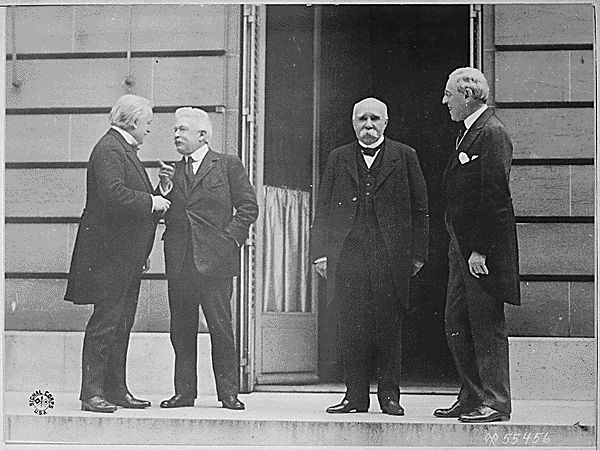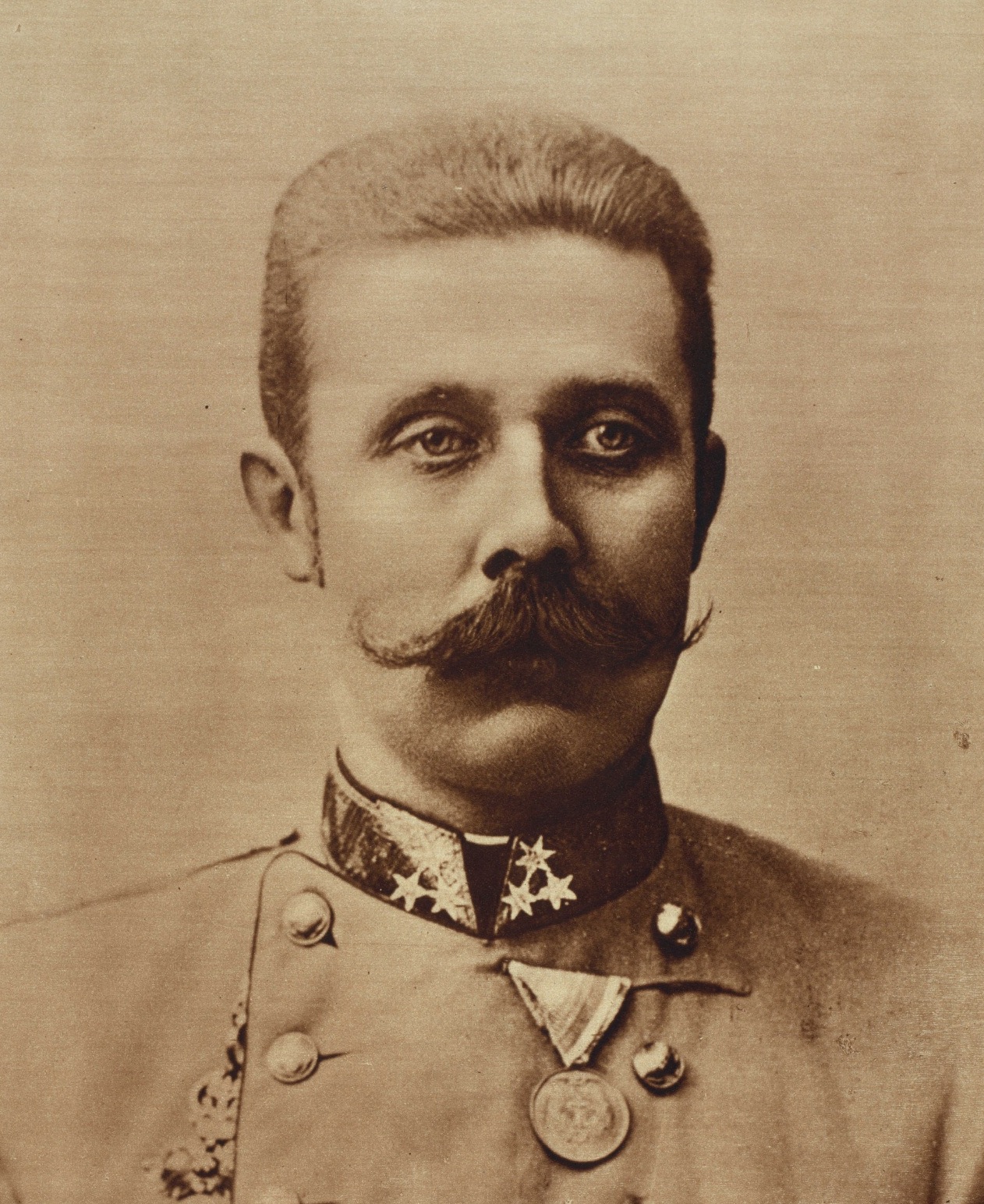
Thursday, May 7, 2009
Tuesday, May 5, 2009
Britain in the War

Germany
Though Germany turned out to be the Central Power most involved in the war, there is little or no evidence that the Germans had planned for war. There are several fundamntal causes that had brought the world to the brink of war: nationalism, imperialist competition, militarism, and the buildup of pre-war alliances. These growing appearances of these factors perhaps led to what was called the Great War, World War One. It began participation with the conflict after the declaration of war against Serbia by its ally, Austria-Hungarian. German forces the Allies on both the eastern and western fronts, although German territory itself remained relatively safe from widespread invasion for most of the war.
Austria-Hungary



Many things had been beginning to pile up but there is one event that stood out. This is the event that started the beginning of the war. An archduke by the name of Franz Ferdinand was assassinated. Ferdinand’s death was at the hand of Serbian secret society. Austria-Hungary's reaction to the death of their heir was three weeks in coming. Arguing that the Serbian government was implicated in the machinations of the Black Hand, the Austro-Hungarians opted to take the opportunity to stamp its authority upon the Serbians, crushing the nationalist movement there and cementing Austria-Hungary's influence in the Balkans.
America and WW1
 America entered World War One in April of 1917. America up till that date tried its best to stay out of the war. But unrestricted submarine warfare, introduced by the Germans in January of 1917 was the main issue that caused Woodrow Wilson to ask congress to declare war against the Germans. This happened on April second, and two days later the Americans joined The Great War and took part on the allies side.
America entered World War One in April of 1917. America up till that date tried its best to stay out of the war. But unrestricted submarine warfare, introduced by the Germans in January of 1917 was the main issue that caused Woodrow Wilson to ask congress to declare war against the Germans. This happened on April second, and two days later the Americans joined The Great War and took part on the allies side. How did Russia enter the war?

Although Russia wasn't supposed to be in the war, she nevertheless became involved and eventually played a major role as one of the four big imperial powers. The war was originally supposed to be limited to two countries: Austria-Hungary and Serbia. How did Russia become involved?
The simple truth is that Russia was obligated to join the war because of various alliances and other clauses from other alliances. In 1873, Russia was tied to Germany and Austria-Hungary because of signing into the Three Emperors League. However, Russia pulled out of that alliance five years later. But Russia's withdrawal created a new Dual Alliance with Bismarck and Austria-Hungary. This Dual Alliance promised those two allies aid in the event of an attack by Russia, or in the event of an attack made by a country in which Russia was allies with. This alliance was upheld until the war finally broke out.
Because Austria-Hungary was being attacked by Serbia, and Serbia was being aided by Russia, Austria-Hungary called on Germany for protection against Russia.
Tangle of Alliances

WWI is extremely confusing. There are so many treaties and agreements and then stipulations from prior agreements on top of that as well. Europe is an extremely dynamic and highly confusing region in the years leading up to the first World War.
First, to understand where the alliances lie, you need to start from the beginning of it all. Even though the war officially started in 1914, the stage was being set much earlier before that. Serbia and Russian's interests in supporting the slavics greatly conflicted with Austria-Hungary full support of Germany. This conflict was compounded by the 1872 Emperor's League between Germany, Russia, and Austria-Hungary. Old ties to this treaty put a great deal of pressure on Russia. this is just a small portion of alliances when compared with the greater scope of the political issues.
These are the watered down, cold hard facts of the alliances of the war:
First, Austria-Hungary declared war on Serbia for the assassination of Franz Ferdinand. Then, as Russia was bound by treaty to Serbia, activated troops for Serbia's defense. Germany then declared war on Russia because Russia's activity was seen as an act of war. Although franc was treaty-bound only to Russia, they too found themselves at war with germany, and coincidentally with Austria-Hungary as well. Then Britain was obligated to enter the war because of an alliance with france, but was also obligated to defend belgium because of the terms laid out in a 75 year treaty. Because of a military agreement with Britain, Japan entered the war as well. Italy tried to stay out of the war for as long as possible, but by 1915, she sided with the allies.
It is easy to see how complicated this war became. What was intended as a limited war only between two countries turned into a massive world war. Treaties made generations before this took place were used as guidelines as to which alliances to make and ignore.
ASSASSINATION!

Allied Powers

Sunday, May 3, 2009
Central Powers During WWI

The “Central Powers” got its name because of the location the countries were in. The result of the four nations coming together, was because, Germany could not gain full power on “The World Stage”. The German’s were focusing on an alliance which was called “Mitteleuropa” this meant Central Europe. The Balkans originally was desired to be involved in the Central Power alliance. But they formed separate autonomous states. The only one involved in the alliance was Ottoman Empire. Even though they had many members in the alliance, Italy dropped out because of a better offer from London which provided them with more land. In the end, the Central Powers lost the war.
Germany
Though Germany turned out to be the Central Power most involved in the war, there is little or no evidence that the Germans had planned for war. There are several fundamntal causes that had brought the world to the brink of war: nationalism, imperialist competition, militarism, and the buildup of pre-war alliances. These growing appearances of these factors perhaps led to what was called the Great War, World War One. It began participation with the conflict after the declaration of war against Serbia by its ally, Austria-Hungarian. German forces the Allies on both the eastern and western fronts, although German territory itself remained relatively safe from widespread invasion for most of the war.
